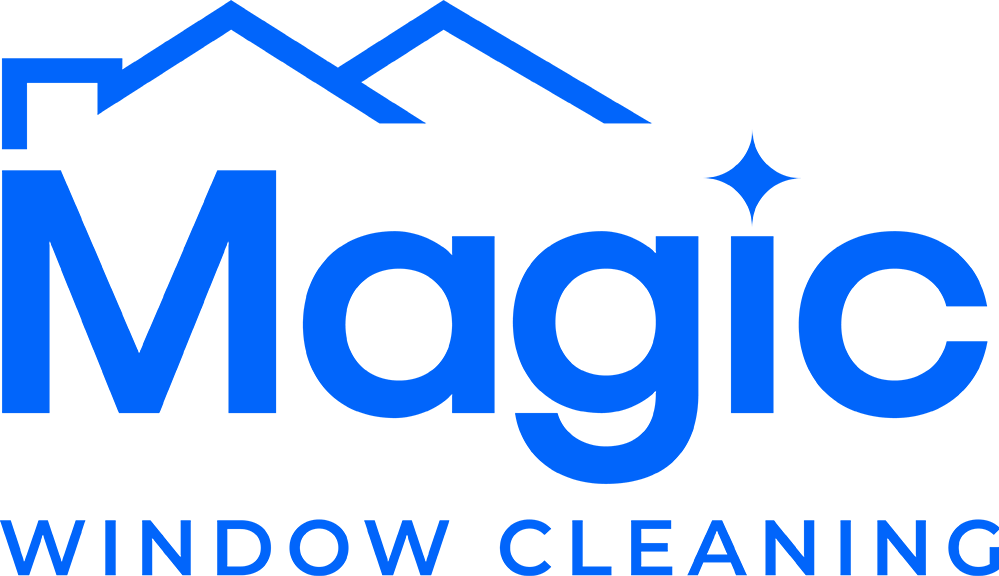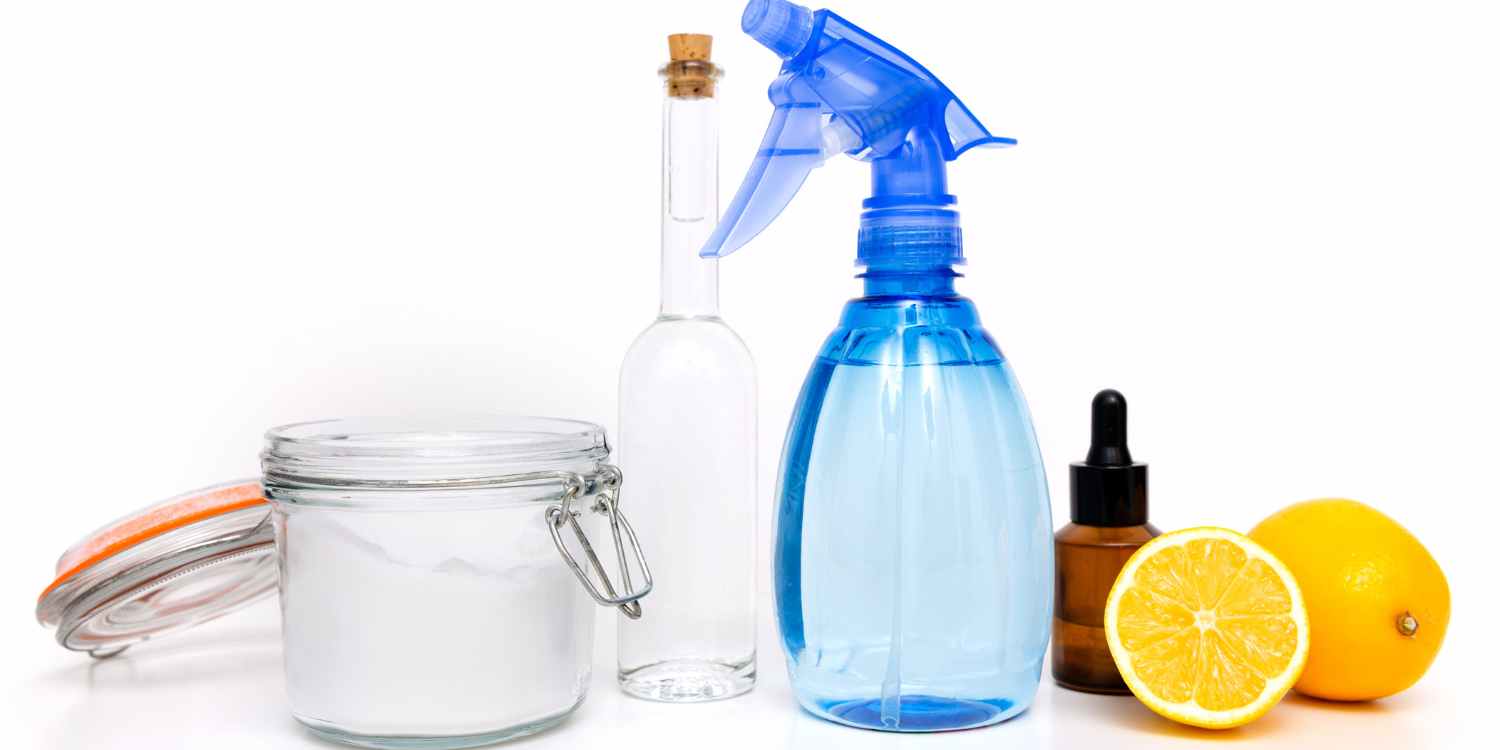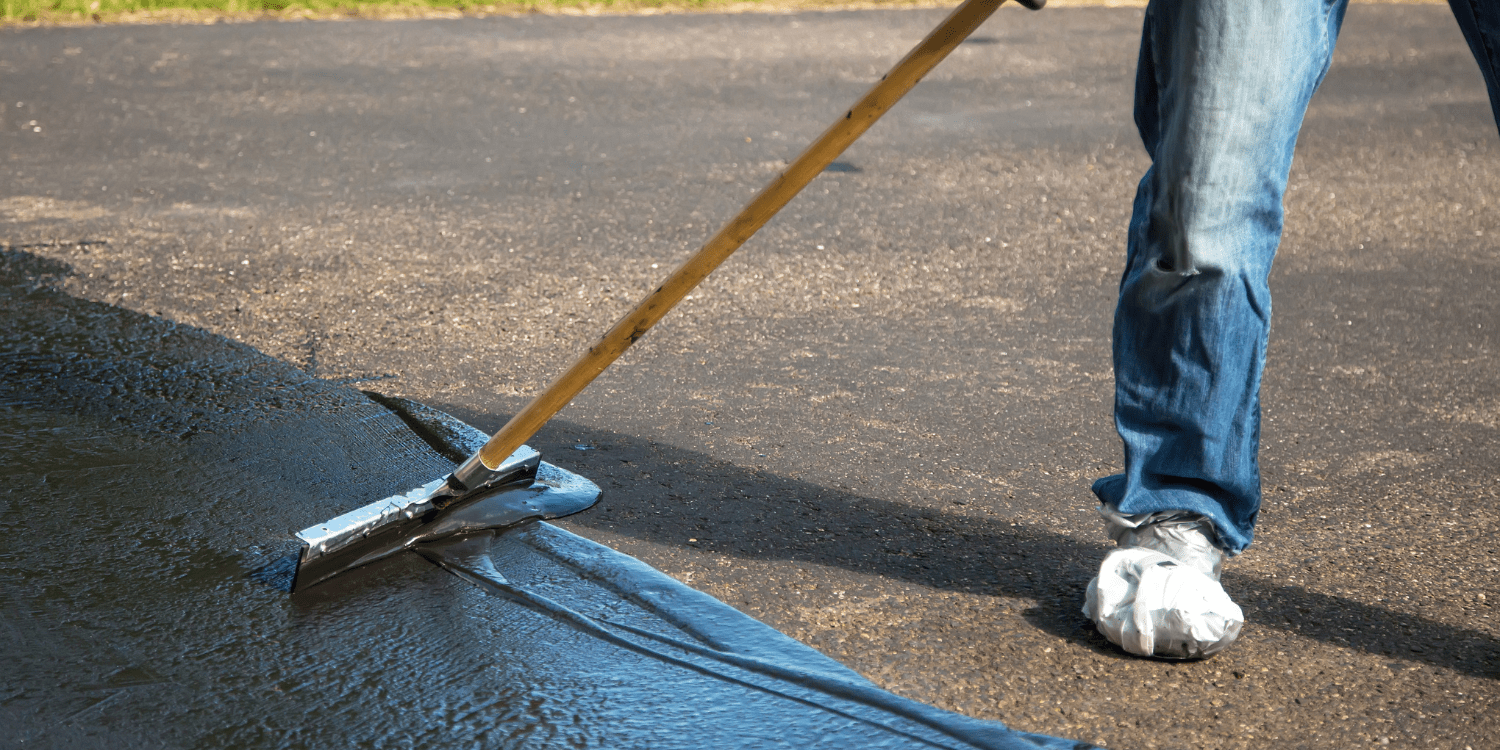Introduction:
Asphalt sealing is a crucial aspect of maintaining driveways, parking lots, and other asphalt surfaces. This protective coating helps extend the lifespan of asphalt by sealing cracks, preventing water penetration, and enhancing its appearance. Whether you’re a homeowner or a property manager, understanding the basics of asphalt sealing is essential for preserving the integrity and longevity of your asphalt surfaces. In this comprehensive guide, we’ll cover everything you need to know about asphalt sealing, from the benefits and process to tips for successful application.
The Importance of Asphalt Sealing:
- Protection Against Water Damage:
Water is one of the primary causes of asphalt deterioration. When water seeps into cracks and pores in the asphalt surface, it can freeze and expand during cold weather, leading to further cracking and crumbling. By applying a seal coat, you create a waterproof barrier that prevents water from infiltrating the asphalt, reducing the risk of damage caused by freeze-thaw cycles.
- Prevention of Oxidation:
Exposure to sunlight and oxygen can cause asphalt to oxidize and become brittle over time. A seal coat acts as a protective barrier, shielding the asphalt from UV rays and oxidation. By minimizing sun damage, asphalt sealing helps maintain the flexibility and resilience of the asphalt pavement, prolonging its lifespan.
- Improved Appearance:
In addition to its protective benefits, asphalt sealing can enhance the appearance of your driveway or parking lot. A fresh coat of sealant gives asphalt surfaces a dark, uniform color, concealing minor imperfections and enhancing curb appeal. Whether you’re looking to impress visitors or attract customers to your business, a well-maintained asphalt surface makes a positive first impression.
The Asphalt Sealing Process:
- Cleaning the Surface:
Before applying sealant, it’s essential to clean the asphalt surface thoroughly to remove dirt, debris, and oil stains. Use a broom, leaf blower, or pressure washer to clear the surface, followed by scrubbing with a degreaser to eliminate oil and grease spots. Allow the surface to dry completely before proceeding to the next step.
- Repairing Cracks and Potholes:
Inspect the asphalt surface for cracks, potholes, and other damage, and repair them as needed. Fill cracks with asphalt crack filler or patching compound, ensuring a smooth, level surface. For larger repairs, such as potholes, use asphalt patching material to restore the integrity of the pavement.
- Applying Sealant:
Once the surface is clean and free of defects, it’s time to apply the sealant. Choose a high-quality asphalt seal coat that is specifically formulated for the type of asphalt surface you’re sealing. Use a squeegee or asphalt seal coating machine to apply the sealant evenly, working in small sections to ensure thorough coverage. Allow the sealant to dry completely before allowing traffic on the surface.
Tips for Successful Asphalt Sealing:
- Choose the Right Time:
Timing is critical when it comes to asphalt sealing. Ideally, you should seal coat asphalt surfaces during warm, dry weather conditions, typically in the spring or fall. Avoid sealing in extreme heat or cold, as it can affect the application and curing process.
- Follow Manufacturer’s Instructions:
Read and follow the manufacturer’s instructions carefully when applying sealant. Proper mixing, application, and drying times are essential for achieving optimal results. Avoid applying sealant too thickly, as it can lead to cracking or peeling.
- Perform Regular Maintenance:
Asphalt sealing is not a one-time fix; it requires ongoing maintenance to ensure long-term performance. Inspect sealed surfaces regularly for signs of wear and damage, and address any issues promptly. Schedule periodic resealing every few years to maintain the protective barrier and extend the lifespan of the asphalt.
Conclusion:
Asphalt sealing is an essential part of asphalt maintenance, offering protection against water damage, oxidation, and deterioration while enhancing the appearance of asphalt surfaces. By understanding the basics of asphalt sealing and following proper techniques and tips, you can prolong the lifespan of your driveway, parking lot, or other asphalt surfaces, saving time and money on repairs. Whether you’re a homeowner or a property manager, investing in asphalt sealing is a smart decision for preserving the integrity and aesthetics of your asphalt pavement.






